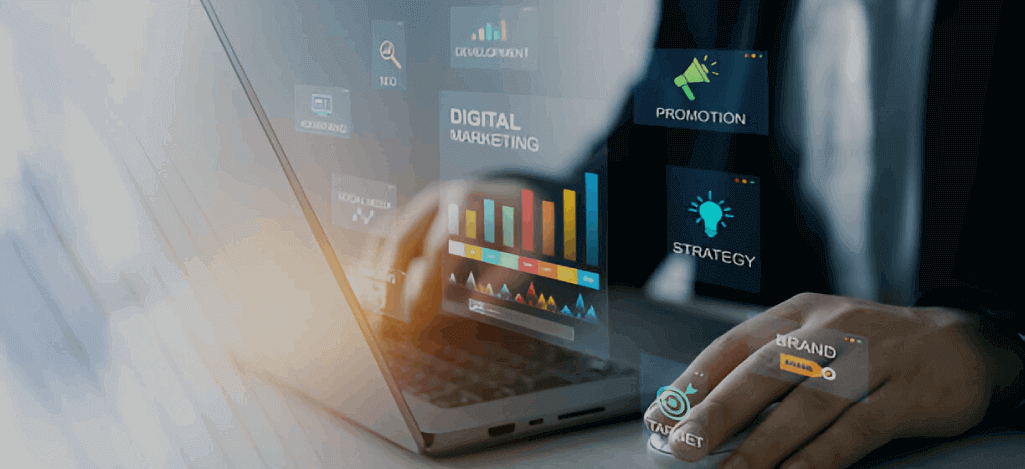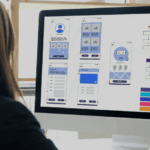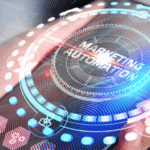The digital marketing world never stands still. Every year, new technologies and platforms emerge, changing the way brands connect with their audiences. In 2025, the pace of change is faster than ever. Marketers are facing smaller budgets but higher expectations. This means learning to do more with less while still delivering strong results. To stay ahead, you need to understand the latest digital marketing trends and how to apply them to your business.
This blog explores the most important digital marketing innovations and strategies shaping 2025. From social media battles to AI-driven campaigns, here’s what you need to know to maximize your brand visibility this year.
1. Social Media Trends 2025
Social media remains one of the most powerful tools for connecting with audiences. According to recent reports, users now spend over two hours daily across different platforms. This means brands can reach customers from nearly every demographic if they understand how to adapt.
The battle of real-time platforms
The decline of X (formerly Twitter) has opened the door for new players. Platforms like BlueSky and Threads are quickly gaining popularity. BlueSky, created by Jack Dorsey, offers ad-free spaces and niche communities. Threads, backed by Meta, already boasts over 275 million users. It appeals to people who want discussions, quick conversations, and organic connections. For businesses, Threads presents new chances for organic growth and eventually advertising opportunities.
Employee-generated content (EGC)
Employee advocacy is becoming a game changer. More brands are realizing the power of their employees’ voices. On LinkedIn, employee-generated content is growing rapidly, helping brands appear more transparent and trustworthy. Studies show that people trust real employee stories more than polished influencer campaigns. In 2025, this trend is expected to strengthen, making EGC an essential part of any online marketing strategy.
Collaborating with customers
Influencer marketing still works, but many companies are turning to their loyal customers instead. Collaborating with customers creates authentic content that feels more community-driven. For example, beauty brands have started inviting loyal fans to exclusive events and using their experiences as part of marketing campaigns. This shift from influencer-first to customer-first builds stronger brand loyalty.
2. AI in Digital Marketing
Artificial intelligence is no longer a “future trend.” It is now an everyday part of digital marketing services. From chatbots to ad targeting, AI is shaping how campaigns are planned and executed.
Managing AI fatigue
The rise of AI has created both excitement and stress for marketers. Many feel pressured to use multiple tools without proper training, which leads to AI fatigue. The key is to identify where AI can truly save time—like automating repetitive tasks—while leaving creative and strategic work to humans. This balance ensures marketers can focus on growth while AI handles efficiency.
AI agents are here
In 2025, AI tools are evolving into “AI agents.” These agents don’t just generate text; they can perform tasks, run campaigns, analyze data, and even test content automatically. For instance, an AI agent can pull reports from Google Analytics and send daily insights to your team. This level of automation saves time and improves decision-making.
AI in ecommerce
Ecommerce is being transformed by AI-powered personalization and automation. Brands now use AI for tailored product recommendations, dynamic pricing, visual search, and even voice commerce. Chatbots are also improving customer support by providing instant answers and purchase guidance. AI-driven segmentation and hyper-personalized ads are helping small and large businesses reach the right customers at the right time.
Smarter advertising
AI is also improving digital advertising for small business owners. Campaigns can now optimize themselves in real time, shifting budgets to the channels that deliver results. Instead of guessing where money should be spent, AI tools provide deeper visibility and control. This means businesses with smart strategies can get more value from every advertising dollar.
3. Digital Marketing Skills in 2025
The demand for new skills is growing as marketing continues to evolve. Technical skills remain important, but soft skills are now just as valuable.
Soft skills take the lead
Problem-solving, collaboration, and adaptability are highly valued in 2025. Employers understand that while AI can handle repetitive tasks, human creativity and decision-making are irreplaceable. Marketers who develop communication and leadership skills will have an edge.
Refining AI skills
It’s not enough to just use AI tools—you need to refine your skills and learn how to get the most out of them. Writing better prompts, testing AI-generated ideas, and understanding where automation fits into your workflow are crucial. Upskilling in AI is becoming a requirement for every marketing professional, not just a specialty.
Beyond marketing knowledge
Marketers are now expected to understand more than marketing itself. Financial literacy, data-driven decision-making, and business growth strategies are essential. Companies want marketers who not only create campaigns but also contribute to overall profitability.
4. Search Marketing Trends
Search marketing is undergoing massive changes. Traditional search engine traffic is expected to decline as people turn to other platforms and AI-driven search tools.
Social search on the rise
Younger audiences are increasingly using TikTok, Instagram, and YouTube for search instead of Google. This means optimizing your presence on social platforms is now part of search engine optimization. Social SEO strategies, such as keyword-rich captions and engaging video content, are critical.
Voice search continues to grow
Voice assistants like Alexa and Google Home are changing consumer behavior. Many people are now using voice search for shopping, reordering, and meal planning. This trend means brands need to think about conversational keywords and local SEO to appear in voice results.
Generative Engine Optimization (GEO)
AI-driven search engines such as Google’s AI Overviews and ChatGPT are shaping the next wave of search. Generative engine optimization (GEO) is becoming as important as SEO. By optimizing content for AI-generated search results, businesses can stay visible as consumer search behavior evolves.
5. Content Marketing in 2025
Content remains the foundation of online marketing strategy, but how it’s created and delivered is changing.
Updating older content
Instead of constantly creating new content, brands are learning to refresh old content. Updating blogs, adding new data, and including visuals can revive underperforming posts. Research shows that updating content can double traffic.
Human + AI content mix
While AI tools can help with research and outlines, human creativity is still essential. Consumers often distrust AI-only content. The best approach is blending AI assistance with human expertise. This creates high-quality, engaging, and original content that ranks better and connects with audiences.
Gen Alpha as a new audience
Gen Alpha (born after 2010) is entering the consumer market. This generation values diversity, transparency, and sustainability. They are also highly engaged with gamified content. Marketers need to start creating experiences that appeal to their digital-first, socially aware mindset.
Conclusion: Staying Ahead in 2025
Digital marketing trends in 2025 show that the industry is moving fast. AI is becoming central to campaigns, social platforms are evolving, and consumer behaviors are shifting. To stay competitive, marketers must adapt, learn new skills, and refine their strategies.
The future belongs to brands that are flexible and forward-thinking. Whether you focus on AI in digital marketing, smarter social engagement, or refreshing content strategies, the key is to act now. By embracing these digital marketing innovations, businesses can ensure stronger visibility, deeper connections, and long-term growth.
Companies like DigiWexa are already helping businesses navigate this new landscape with smart strategies and the latest digital tools. The message is clear: 2025 is not about keeping up—it’s about staying ahead.







